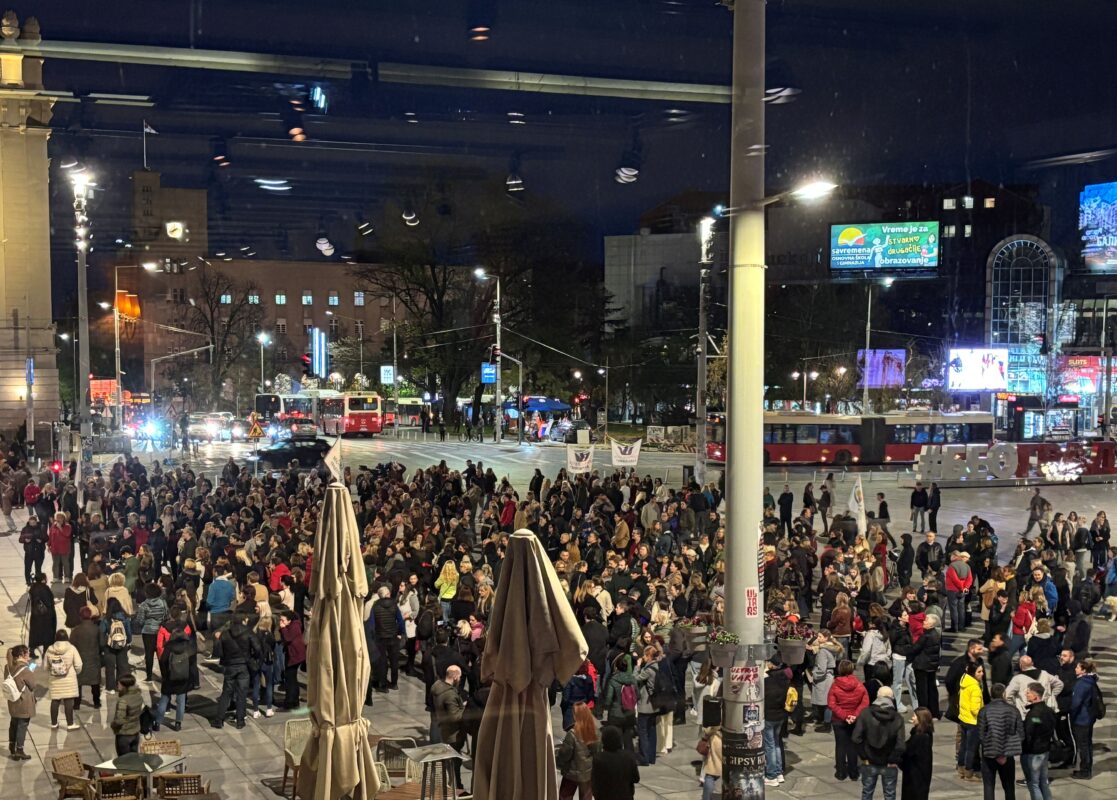Educational is also exciting
Under the title "In Paradisum", the Early Music Festival Zurich focused on masses for the dead from different eras from March 9 to 18.

The first polyphonic requiem in music history! With Johannes Ockeghem's Missa pro defunctis the Zurich Early Music Festival opened with a series of requiems that had it all. Leading ensembles from the field of historical performance practice performed both familiar and unfamiliar pieces, and an informative program booklet put them in historical context. A formula that the Forum Alte Musik Zürich has been perfecting for 16 years and which allows visitors to immerse themselves in a theme for two weeks.
Anyone who thinks they have already understood the concept of the festival, which now takes place twice a year, will soon be proven wrong. A preview of the program for the autumn festival Wind chimes makes it clear that a very open view of early music is represented here. There is no other way to explain the names of Mozart and Beethoven in the program. Roland Wächter, co-president of the forum together with Martina Joos, explains: "Early music is everything that is played on instruments and in the style of the relevant era, 'historically informed'." And adds, slightly provocatively, that it would be quite conceivable to include Debussy on the program in this sense.
It is this broad horizon that keeps the two-week festival lively, interesting and unpredictable. In the very first edition in 2002, the organizers presented Monteverdi's Ulisse a modern adaptation of the Odyssey material. This March, the Orlando Consort accompanied the silent film La Passion de Jeanne d'Arc with vocal music from the time of the Maid of Orléans. The makers also showed no fear of contact in their collaboration with the 500 Years of the Zurich Reformation association. The medieval and Renaissance specialists Le Miroir de Musique met the folk musicians of the Helvetic Fiddlers and resumed a dialog that had been broken off a long time ago.
The focus of In Paradisum However, the focus was on settings of the requiem mass from the Renaissance and Baroque periods. It was easy to recognize the effort to offer a historically comprehensive overview: With works by Kerll, Schütz and Campra, among others, Austrian, German and French Baroque were represented, and Protestant and Catholic church music were brought together. The long-established collaboration with the Institute of Musicology at the University of Zurich, which offered a freely accessible symposium on the subject, further underlined this didactic claim.
High quality and a touch of pragmatism
Nevertheless, the whole thing never came across as schoolmasterly, which was mainly due to the quality of the concerts. The rarely heard Missa pro defunctis by Johann Caspar Kerll is a real ear-opener. There is a complete lack of drastic sound effects; what one takes for granted proves to be a later convention. The Belgian ensemble Vox Luminis lent the intimate work an inner tension despite its gentle solemnity and was able to captivate the numerous listeners in St. Peter's Church. The fact that it was accompanied by the brilliant viol consort LʼAchéron was the icing on the cake: To have the rather unspectacular instrumental part scored to such a high standard is a real luxury.
But there was not only international class to experience. The choir and orchestra of the St. Gallen Bach Foundation are known for their high-quality Bach interpretations, so their engagement is only logical. But the fact that they performed Bach's St. John Passion shows yet another aspect of the festival. With some good will, the piece can be integrated into the thematic context, but this performance is primarily due to the pragmatism of the festival management. Popular works are also included in the program. A tactic that pays off, as the concerts have been consistently well attended for years, with this spring being particularly pleasing, as Roland Wächter reports.
The worthy finale was once again left to a rarity. With André Campras Mass des Morts the Zurich Baroque Orchestra and the Vokalensemble Zürich under Peter Siegwart presented another trouvaille from the large pool of unjustly little-known works. The audience was able to discover colorful, sensual music that is no stranger to drama, but which nevertheless depicts the path to the afterlife in gentle tones. Performed by an ensemble that is audibly familiar with the French musical language, the evening left the audience full of anticipation and curiosity for the fall.








